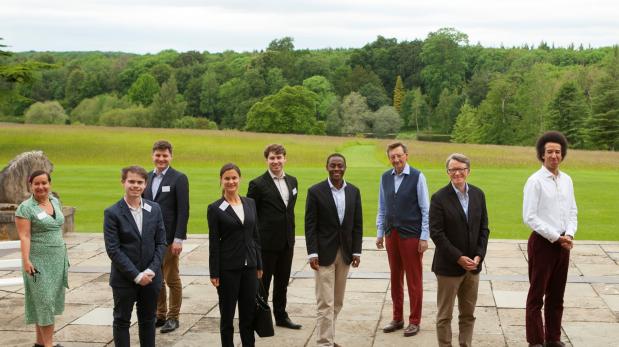
Last week, for the first time since October 2020, Ditchley held a hybrid conference, bringing together a small number of in-person participants and about forty virtual participants. Given the theme, most of the participants were from the UK, from a wide range of backgrounds, political affiliations, geographic locations and areas of expertise, but the discussions were enriched with input and insights from other countries, particularly Canada and Germany.
Discussions focused on the British constitution and the different levels of authority; how identity fits with the layers of representation; and on innovation and how government, other players and the private sector can work together to deliver economic opportunity.
After Brexit and the pandemic, there was a sense in which the conference was about reconnecting with Britain – at both an institutional and an ideal level. There was disagreement on the merits of and public appetite for decentralisation, devolution or even agency, but consensus that some kind of reconciliation was needed between the governed and those governing, including addressing regional and other inequalities.
This could mean enhancing democracy, through citizens’ assemblies for example, but also ensuring better citizenship education for young people. Governance could be reimagined beyond geographic constituencies with communities of biology, ideology or even identity. Technology allows for radical approaches. What forms of devolution beyond the spatial are possible? There was inevitable concern about the influence of social media in driving a fragmentation of identities, but also awareness that new technologies provided new opportunities for people to engage and self-organise outside state governance frameworks.
Historic and current examples of success and innovation in local political and economic governance were explored, leading to a sense that improvement and change were in fact also needed at the centre: there were calls for a renewal or even reinvention of political parties; better awareness at government level of local authorities’ efforts to engage and serve citizens, including through investment in skills and business in their areas; entrenching local authority power could mean greater stability; better leadership over industrial policy; and more openness to different voices and approaches, including on issues such as taxation and the creation of regional wealth.
The conference should be seen as part of the wider Ditchley programme, feeding into our running series of smaller-scale virtual discussions on democracy and education, regionalism, the future of politics and technology, as well as the conference planned for November on the future of work.